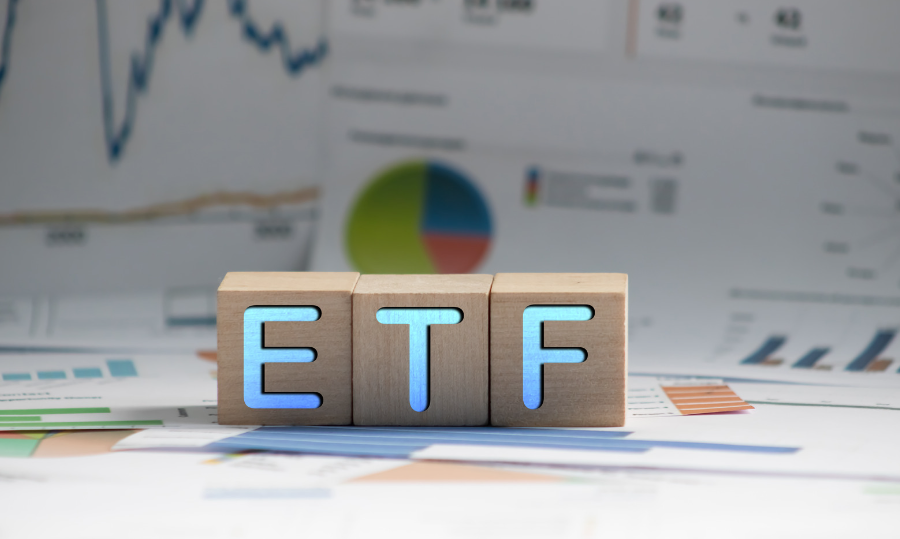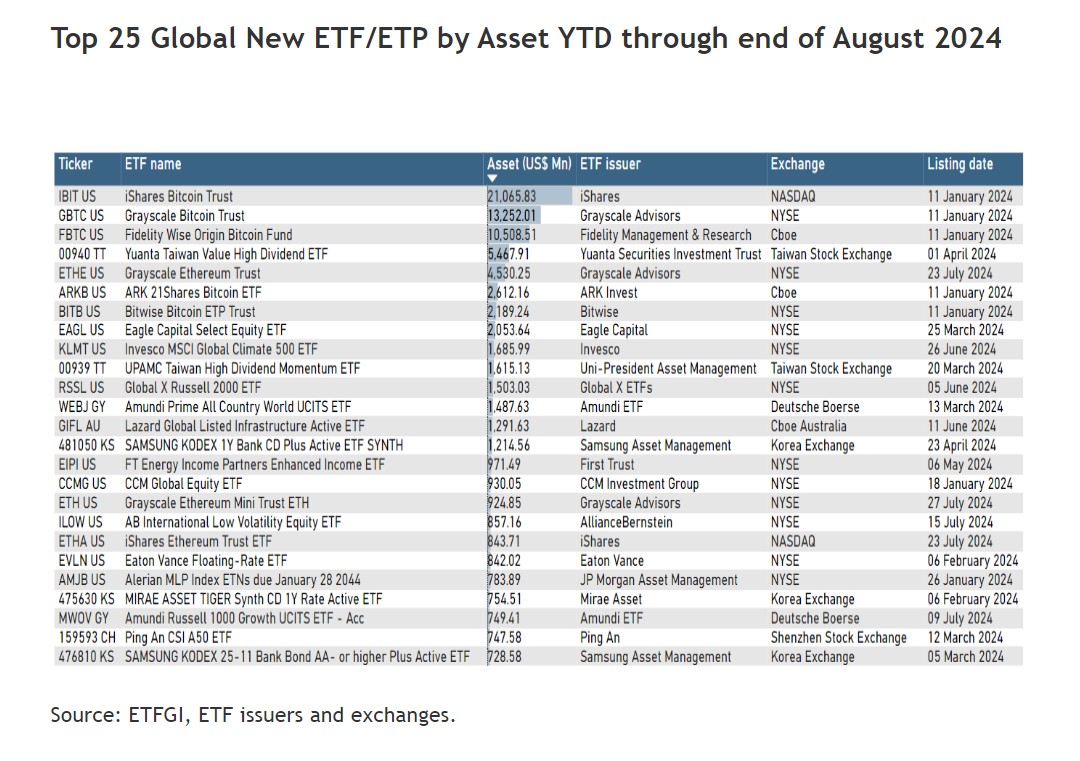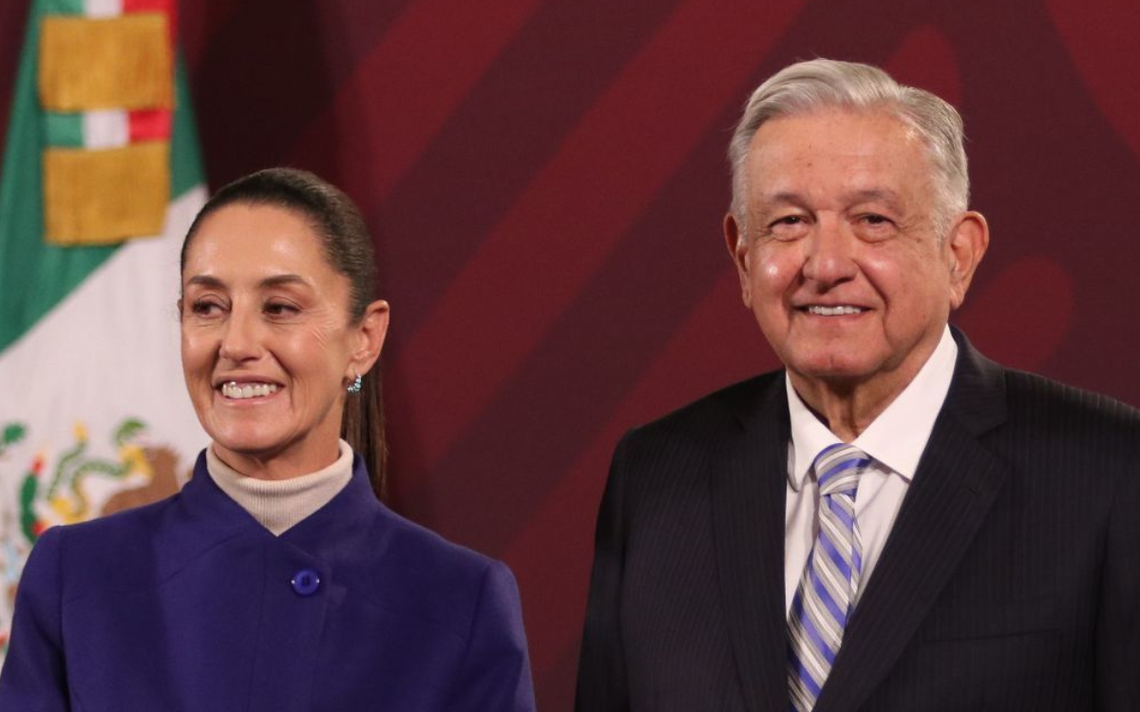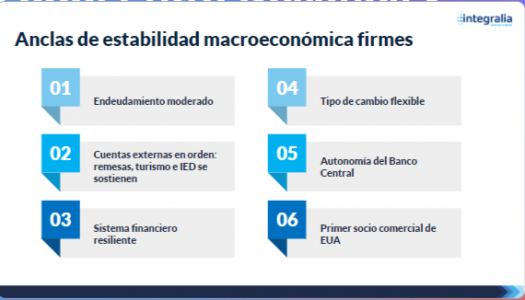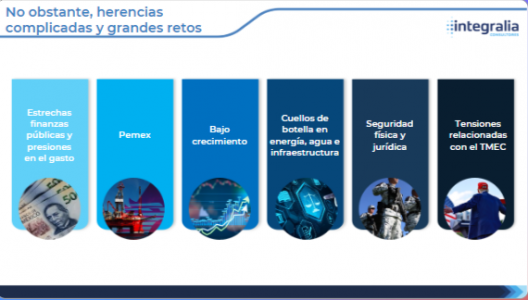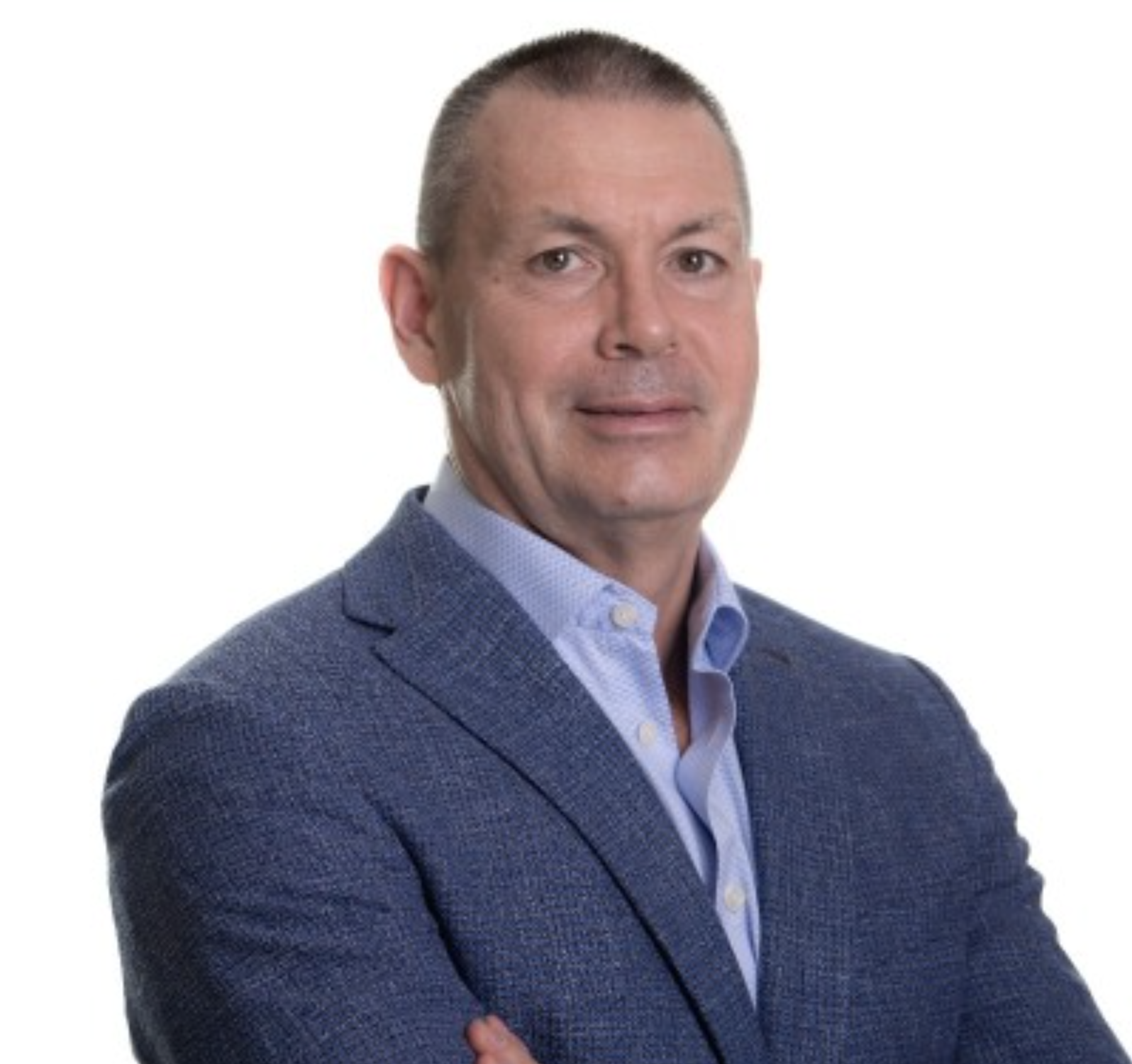BBVA Forms an Alliance with KKR and Invests 200 Million Dollars in Its Global Climate Strategy
| For Amaya Uriarte | 0 Comentarios
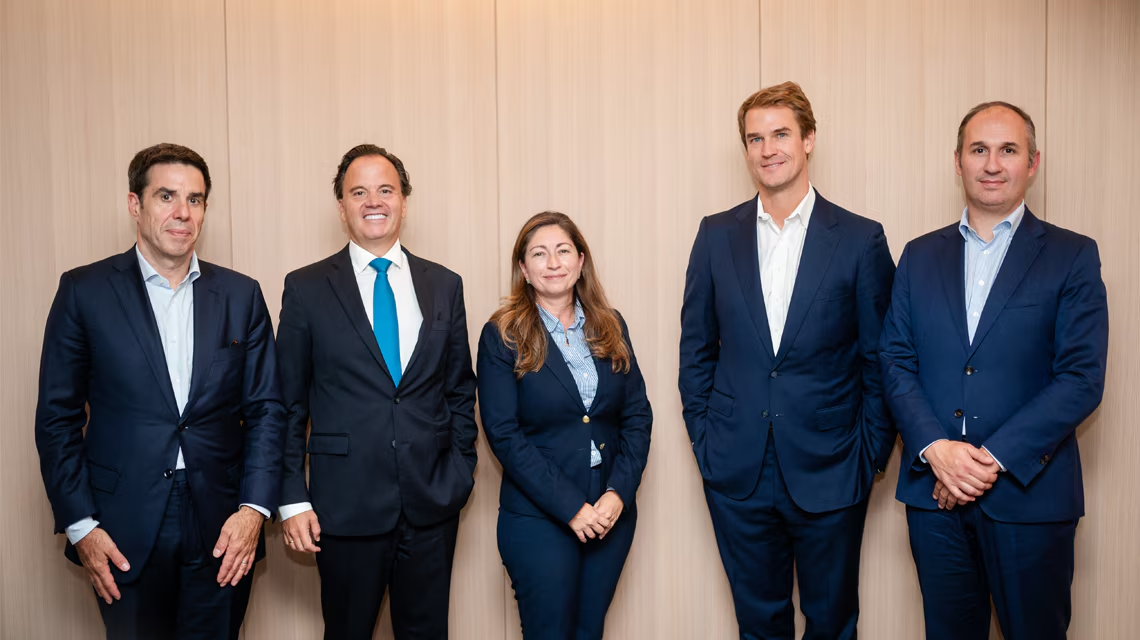
BBVA and global investment firm KKR have formed a strategic alliance to support the decarbonization of the economy. As part of this partnership, BBVA will invest $200 million (€187 million) in KKR’s global climate strategy, which focuses on large-scale investments in solutions that drive the transition to a low-carbon economy.
Both companies made this announcement during Climate Week held in New York this week. The agreement aims to identify new investment opportunities related to climate infrastructure, particularly those supporting the energy transition and electrification. It will also leverage the complementary strengths of both companies, facilitate knowledge exchange, and advance shared goals to accelerate the energy transition.
“We believe that in the second half of this decade, we will see strong growth in new low-carbon infrastructure. The opportunity is immense, and BBVA aims to become a leader in advising and financing to support our clients in the U.S. and Europe in building this future infrastructure across key transition sectors—Energy, Construction, and Mobility, among others. This ambitious alliance with KKR will be a key component of our sustainability strategy. Both teams will work together to seize this growth opportunity for our businesses,” said Javier Rodríguez Soler, BBVA’s Global Head of Sustainability and CIB.
“To tackle the major decarbonization projects the world needs, it’s essential to have top global investors and financial institutions. Large asset managers and international banks are needed to finance this transition and accompany all sectors on their respective decarbonization paths in an orderly manner. With KKR’s proven expertise in this field, we will share knowledge and combine teams, capabilities, and efforts in this strategic alliance to multiply investment in infrastructure and climate projects,” added Rodríguez Soler.
Emmanuel Lagarrigue and Charlie Gailliot, co-heads of KKR’s Global Climate Strategy, added, “We are still in the early stages of what will be a multi-decade transition to net-zero emissions, representing one of the greatest investment opportunities of our time and requiring the full participation of the financial sector. We are thrilled to collaborate with BBVA, given their leadership in the renewable energy sector and their deep commitment to mitigating climate change impacts.”
BBVA aims to support and help its clients transition to a more sustainable world. To this end, sustainability is at the core of its business and is one of its six strategic priorities. The bank has identified decarbonization and ‘green’ technologies as two of its priority investment areas. To support this, it has created a global financing unit specialized in clean technology or ‘cleantech’ innovation. The team, based in New York, London, Madrid, and Houston, offers financing and advisory services.
BBVA is actively investing in some of the most cutting-edge and innovative climate action funds, with the goals of achieving financial returns, participating in disruptive projects, and gaining knowledge of these technologies to better advise companies affected by these innovations and in need of financing.
On September 12, BBVA announced the creation of a sustainability hub in Houston, aimed at leading the financing of the energy transition in the United States.



